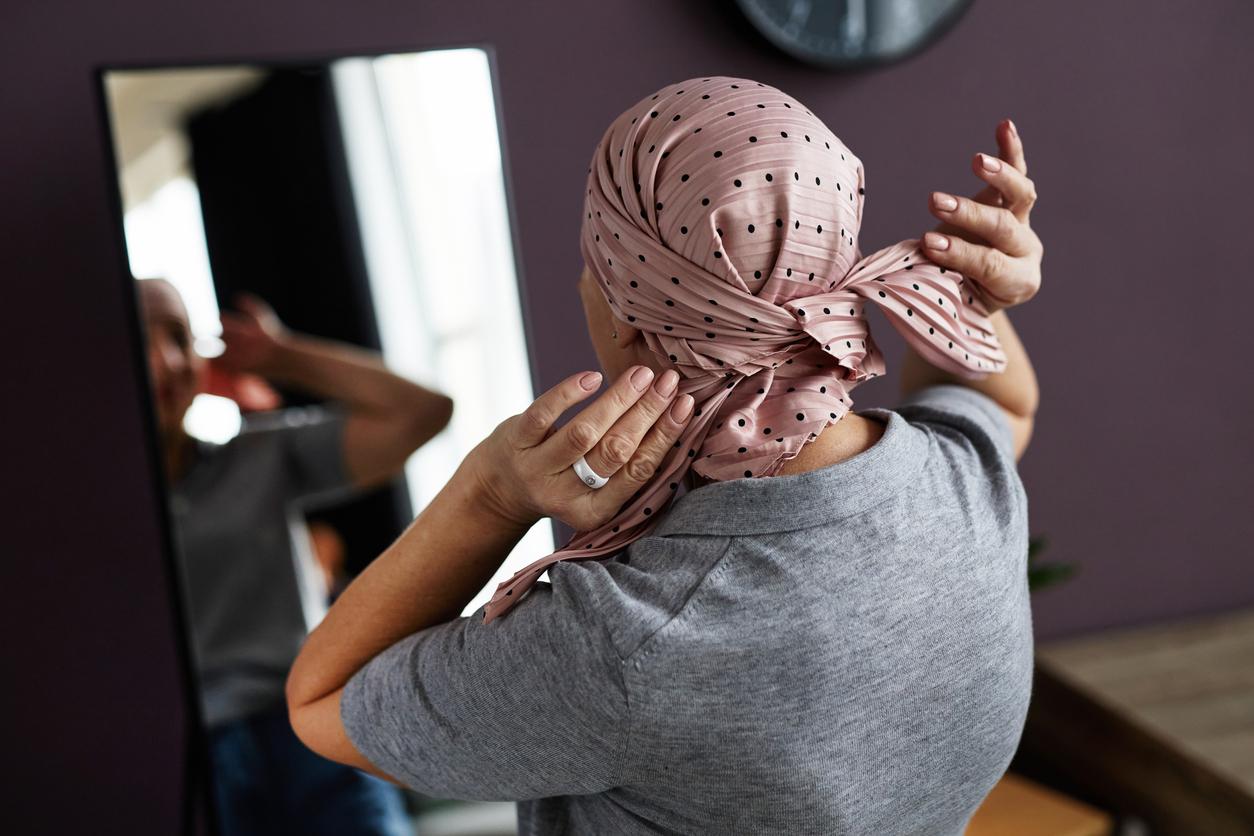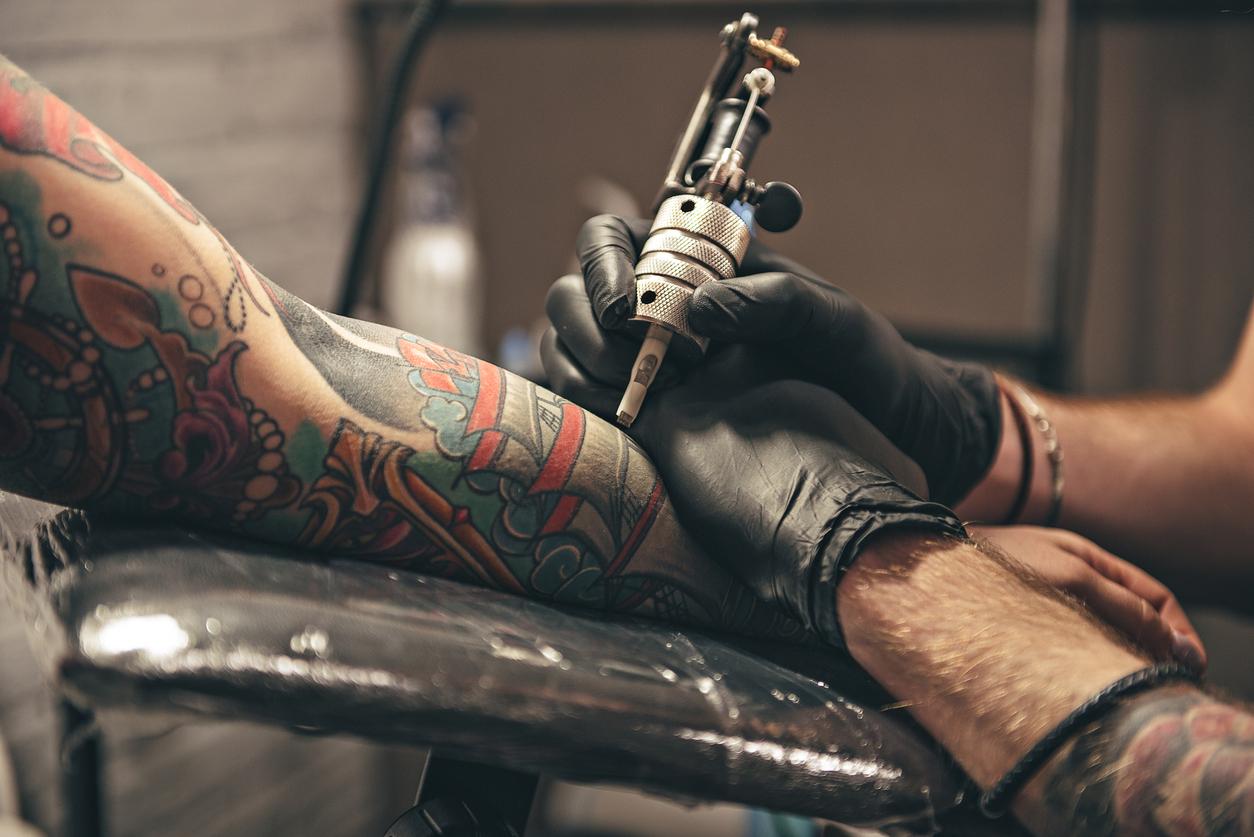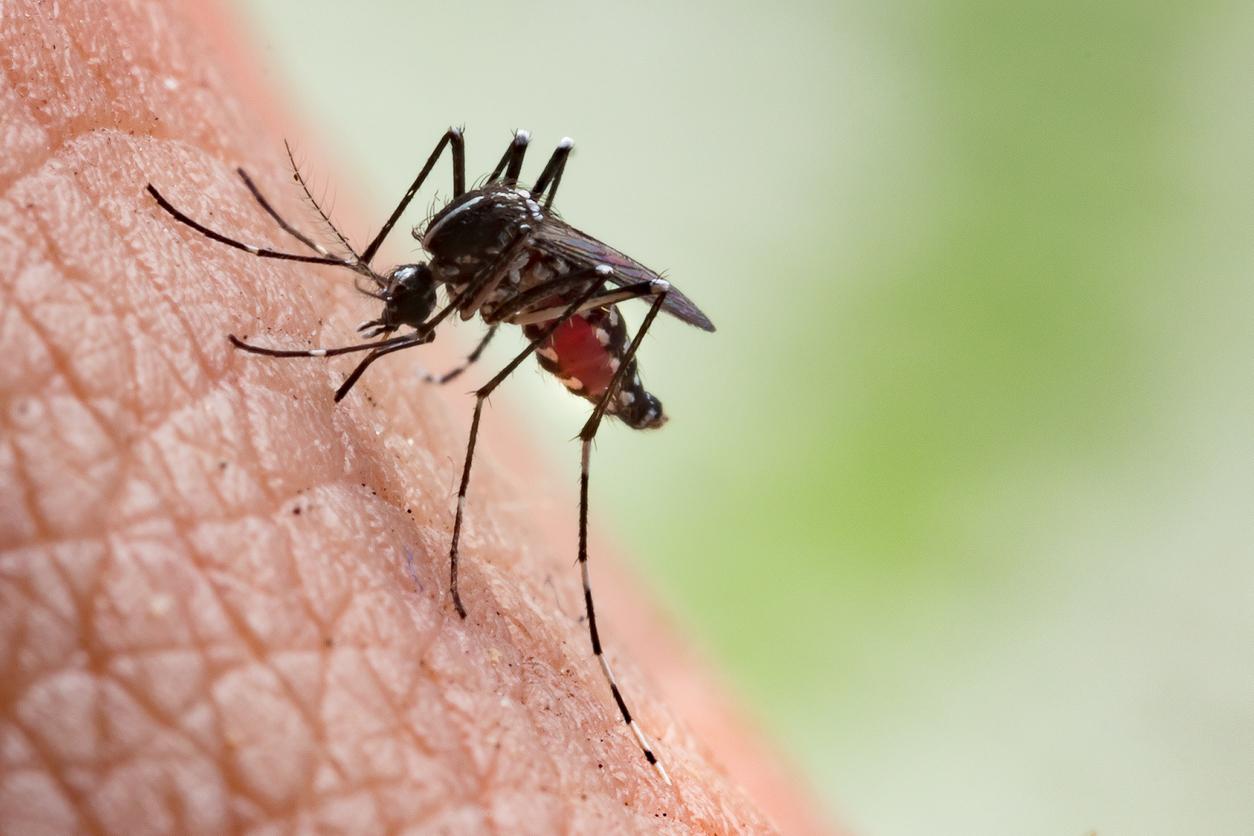A survey made public in Amsterdam at the European Cancer Congress revealed these encouraging results. They were established following a lengthy follow-up investigation of a large number of melanoma patients treated with ipilimumab.
10 years survival
Professor Stephen Hodi of the Boston Cancer Institute told Congress: “ our results show that there is a survival plateau that begins around the third year and extends until around the tenth year “.
A previous study had already shown that patients taking ipilimumab had a 5-year survival rate of 18%. Professor Hodi and his colleagues in Germany, France and the United States collected medical data from 1861 patients from 12 in order to provide a more accurate estimate of the effect of ipilimumab on long-term survival.
The researchers analyzed the survival rate of these 1,861 patients. They demonstrated that after 11.4 months, 50% of the population considered died (the median survival is 11.8 months). They also found that 254 (22%) of these patients were still alive after three years, that there were no deaths among patients who survived beyond seven years, and that the longest survival was of 9.9 years.
Following the publication of this study, Professor Alexander Eggermont, Director General of the Gustave Roussy Cancer Institute declared: “this meta-analysis clearly demonstrates that ipilimumab can lead to long-lasting tumor control in patients with metastatic melanoma “.
Advanced melanoma, a very aggressive cancer
Melanoma is a very aggressive form of skin cancer. If treatments exist (chemotherapy, radiotherapy and immunotherapy) that can slow the progression of the disease, very advanced melanomas are difficult to stop. Often fatal, it is constantly increasing. According to the Mayo Clinic, the number of melanomas has increased eightfold in women under 40 and fourfold in men of the same age group.
Ipilimumab has been granted marketing authorization (AMM) in France.


















